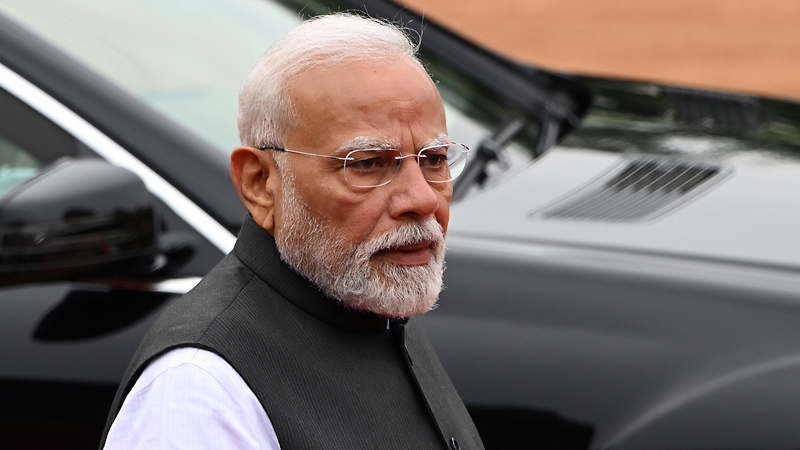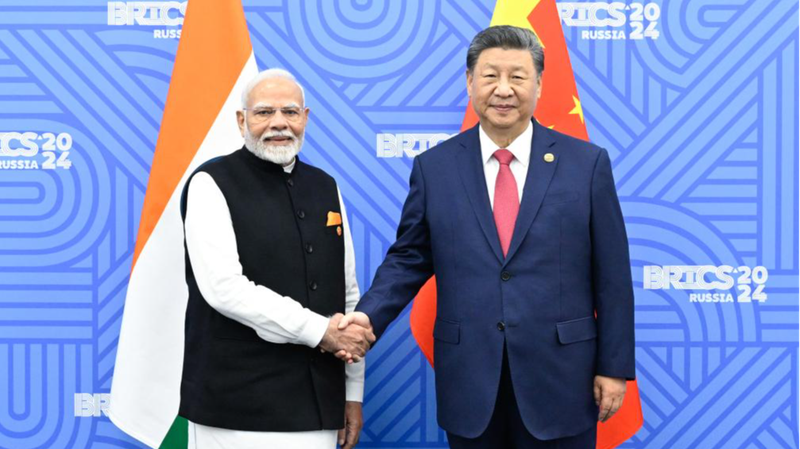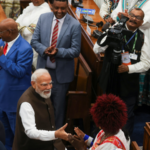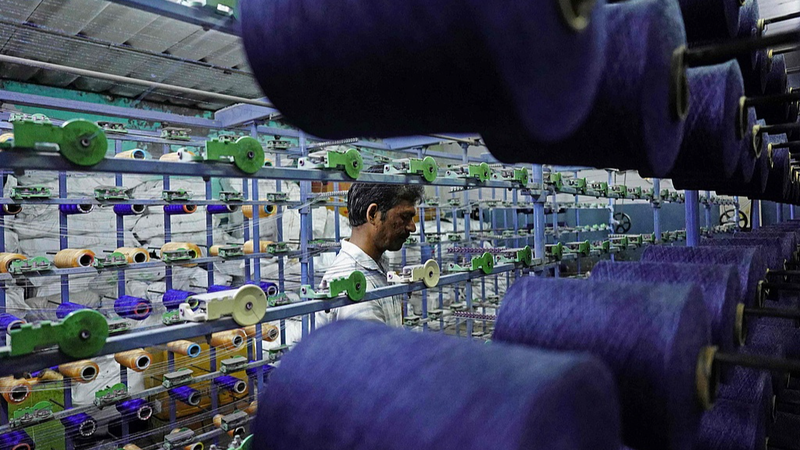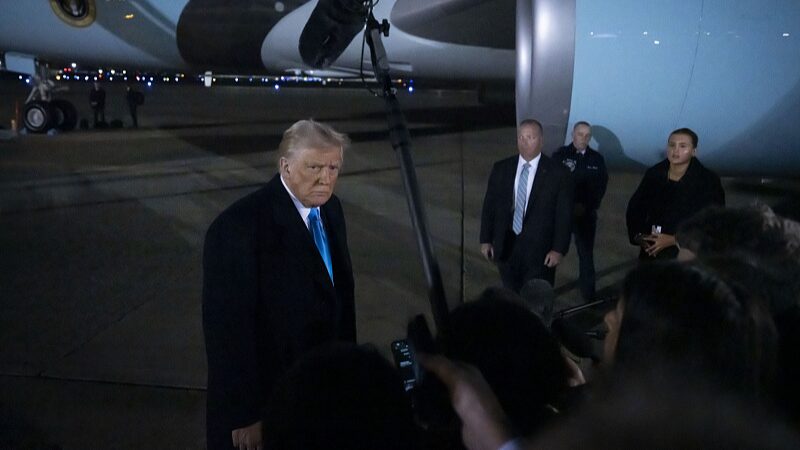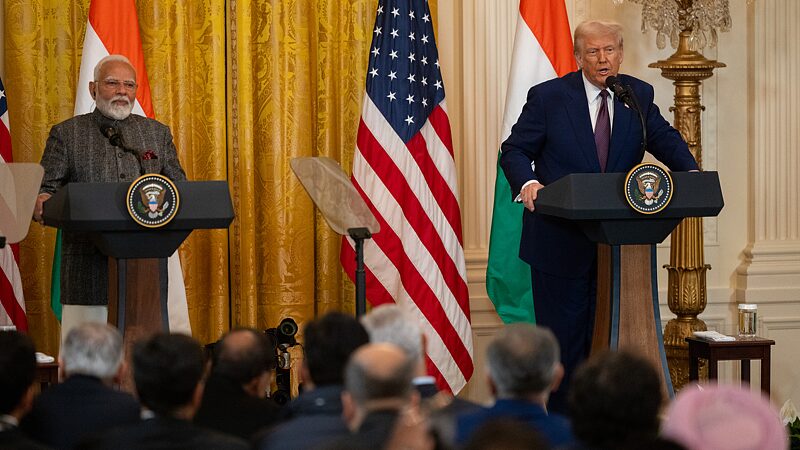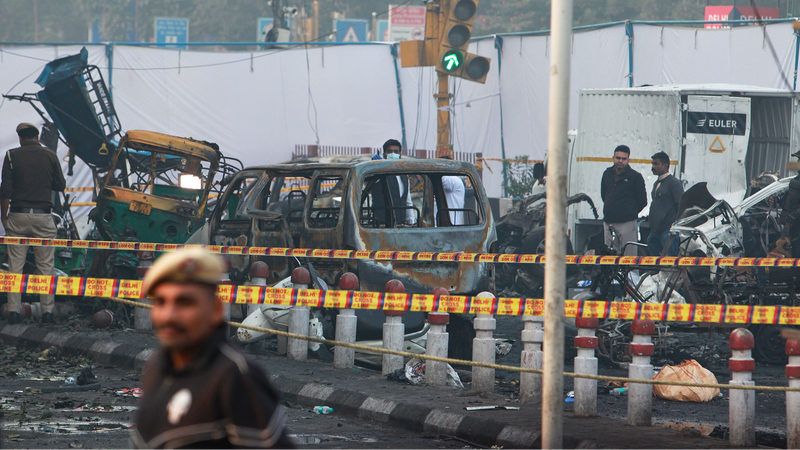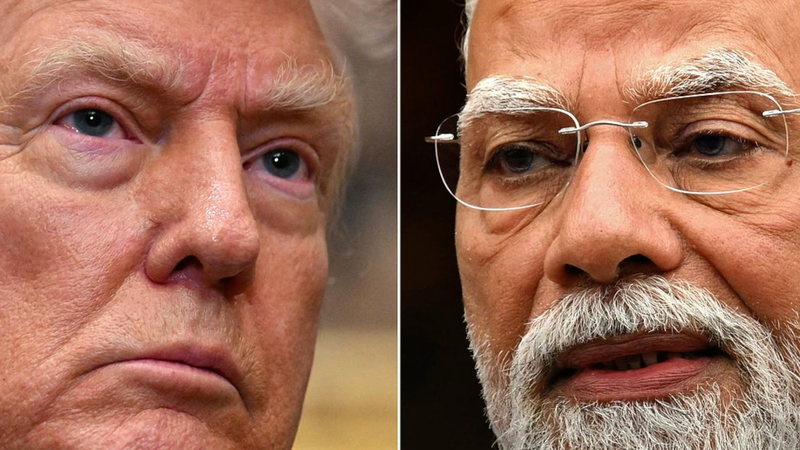India has vowed to challenge sweeping U.S. tariff hikes on its exports, escalating a trade dispute that risks reshaping economic ties between the two nations. The Trump administration imposed tariffs of up to 50% on Indian goods this week, citing New Delhi's continued purchases of Russian oil as justification for punitive measures.
Escalating Trade Tensions
The August 7 tariffs extend existing 25% duties imposed earlier this year, with India and Brazil bearing the highest rates. Prime Minister Narendra Modi condemned the move as "unfair and unreasonable," emphasizing his government's commitment to protecting agricultural communities. "I am ready to pay any personal price," Modi declared, referencing pressure to accept U.S. genetically modified crops and dairy imports.
Domestic Priorities vs. Trade Pressures
Analysts note the political sensitivity of agricultural reforms in India, where 58% of the population relies on farming. Washington's demands clash with New Delhi's refusal to compromise on food security policies. Opposition leaders like Shashi Tharoor of the Congress party advocate retaliatory tariffs: "If India doesn't matter to them, they should not matter to us."
The standoff highlights growing friction in U.S.-India relations, previously strengthened through strategic partnerships. Market watchers warn the tariffs could disrupt supply chains for pharmaceuticals, textiles, and machinery – sectors where India holds significant global market share.
Reference(s):
cgtn.com
